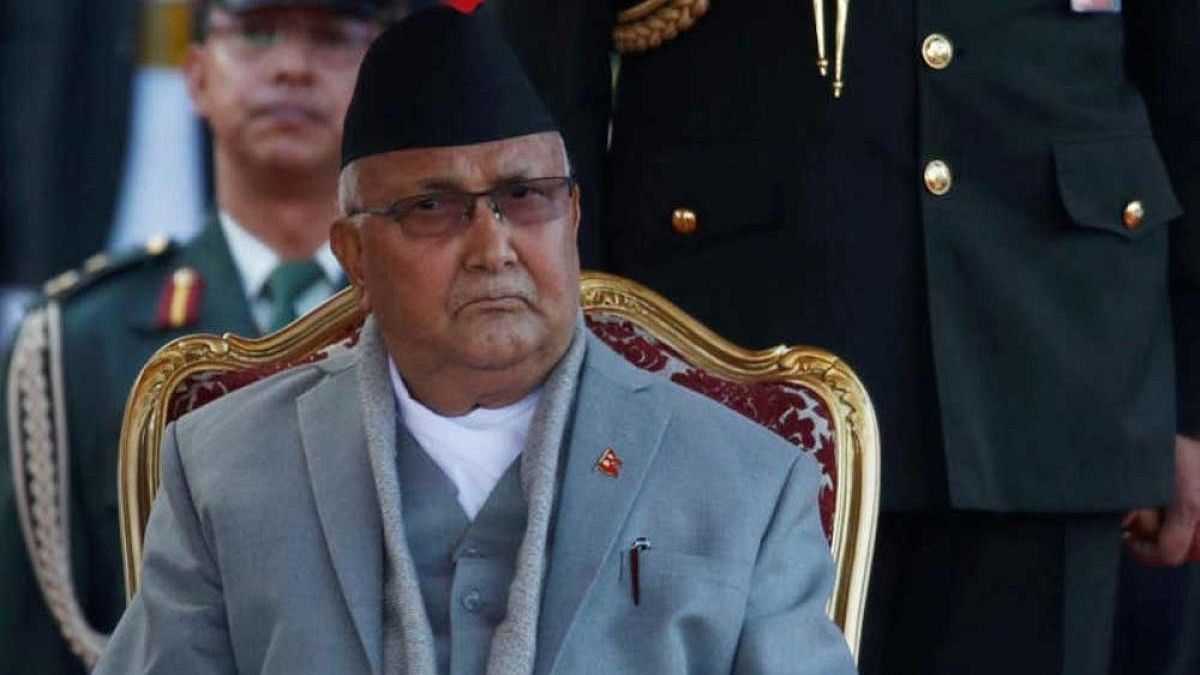
K P Sharma Oli.
Credit: Reuters File Photo
Kathmandu: Nepal's Supreme Court on Sunday forwarded a petition challenging K P Sharma Oli's appointment as the country's prime minister to a constitutional bench, citing the need for a ‘serious constitutional interpretation’.
Oli, 72, won a vote of confidence in Parliament on Sunday after his swearing-in earlier this week as the Himalayan nation's prime minister for the fourth time.
Within hours of the veteran Communist leader's swearing-in on Monday, three advocates -- Deepak Adhikari, Khagendra Prasad Chapagain and Shailendra Kumar Gupta -- filed the petition at the apex court, arguing that the veteran Communist leader's appointment was unconstitutional and sought a mandamus order to annul it.
A single bench of Justice Bal Krishna Dhakal on Sunday forwarded the case to the Supreme Court's constitutional bench, citing the need for a ‘serious constitutional interpretation’, The Kathmandu Post newspaper reported.
“The matter raised in the writ petition involves serious questions of constitutional interpretation, and its resolution should be made by the constitutional bench. Therefore, present it before the chief justice,” the report said, citing the order.
The petition states the president should call for the formation of a new government under Article 76 (3) if a government formed as per Article 76 (2) fails the floor test in the House of Representatives.
Nepal President Ram Chandra Poudel made a call as per Article 76(2) of the Constitution after the former prime minister and Communist Party of Nepal (Maoist Centre) Chairman Pushpa Kamal Dahal 'Prachanda', who was appointed as per the same article, failed the floor test.
The Constitution's Article 76(2) states that in cases where no party has a clear majority in the House, the president shall appoint as the prime minister “a member of the House who can command a majority with the support of two or more parties.” As per Article 76(3), the president is allowed to appoint the parliamentary party leader of the largest party as the prime minister, who then has to seek a vote of confidence within 30 days.
In such a situation, Nepali Congress President Sher Bahadur Deuba would become prime minister as the parliamentary party leader of the largest party in the House of Representatives, the report said.
Nepal has faced frequent political turmoil as the country has seen 14 governments in the past 16 years after the Republican system was introduced.